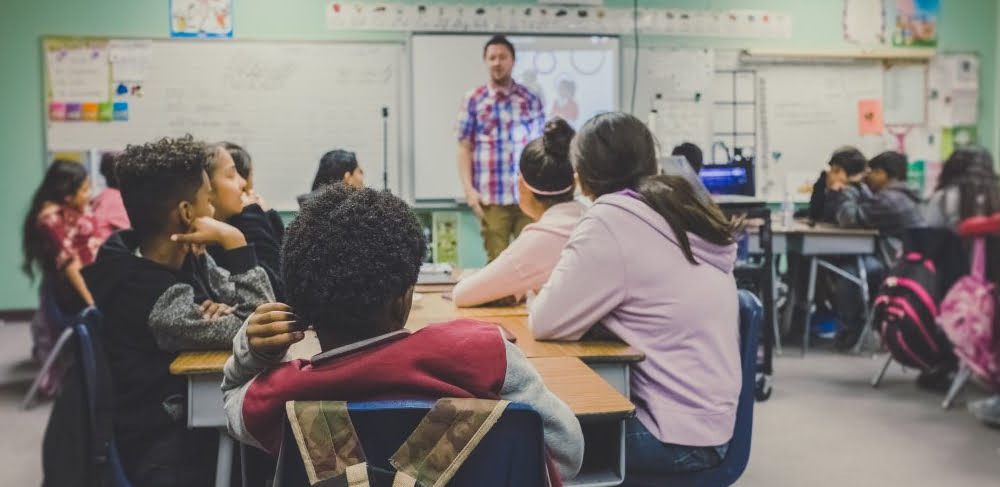As children settle in at school, we wanted to be sure that they are safe. Teachers, administrators, school counselors, bus drivers, and crossing guards are often a child’s first defense against predators. But how safe are your children from bullying and abuse while at school?
Here are some essential questions to ask at your school’s open house this fall to get the conversation started:
- Will my student ever be alone with an adult?
Why Ask: Children are better protected when interactions with children are observable and interruptible. Children are rarely victimized out in the open, but rather in seclusion. If you ensure that the school’s policy requires that there is to be no one-on-one, unobservable, uninterruptable contact with adults—especially those in a position of trust and authority—and older children, we can enhance protections against vulnerabilities to abuse. Please click here to learn more about how your child’s school can better protect children.
- Are teachers, coaches, and volunteers permitted to communicate privately with students outside of school hours?
Why Ask: School policies should prohibit adults from engaging with students one-on-one through texting, emails, or social media. When interactions with children are unmonitored of others, it exposes children to potential predators. These predators seek to establish a rapport and relationship with a child who may be left unchecked by others through grooming tactics.
All communications with students should include parents and caregivers to help create an environment of openness and accountability. Please click here to learn more about grooming behavior on our Family Resource Page.
- What happens if my child is bullied, either in-person or online?
Why Ask: Bullying prevention programs provide children and teachers with strategies such as conflict resolution skills, resiliency, de-escalation, and other soft skills that are useful in bullying situations and throughout life.
Procedures and policies provide accountability and a step-by-step approach to bullying behaviors. Check the student handbook to make sure that bullying accountability is outlined.
Talk to your children about bullying. Help get the conversation started by clicking here to download our Parents’ Guide to Bullying Prevention.
MORE KEY QUESTIONS:
- Does the school have a child protection policy and a code of conduct?
Why Ask: School policies for employees, volunteers, and vendors should outline proper procedures and expectations for conduct which enhances protections for children. When questionable conduct violates a policy, it is much more likely to be reported. A school with a robust child protection policy is a deterrent to predators. Please click here to learn more about how your child’s school can better protect children.
- How are teachers, staff, volunteers screened before hiring (and thereafter)?
Why Ask: Thorough background checks and registry checks provide another layer of protection against interactions between offenders and children. Fingerprint background checks are much more extensive than those run by name or social security number.
Furthermore, not all background checks include inquiries with child protection registries or adult abuse registries. Background checks should ideally reoccur every other year.
Additionally, policies should state that staff and volunteers are required to report interim arrests (those arrests which may occur between required checks). Please click here to learn more about how your child’s school can better protect children.
- What kind of abuse prevention training does the school offer to all teachers, staff, and volunteers?
Why Ask: Evidence-informed training with scenario-based discussions is an essential tool for educators and all who interact with children at school. There are many misunderstandings around mandatory reporting—even among professionals—including: when to call, how much proof is needed, what happens next, and how to respond to a child who discloses abuse.
Abuse prevention education enhances existing competencies and brings a higher propensity for professionals to report abuse when there is reasonable suspicion of abuse or neglect. Please click here to learn more about this critical training.

